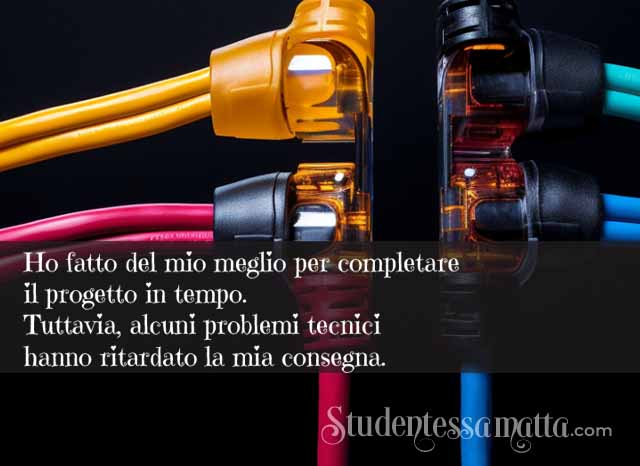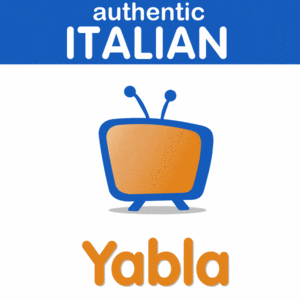
Congiunzioni: qual è la tua funzione?
Conjunction Junction: What’s Your Function?
Una congiunzione è una parola usata per collegare parole, frasi e proposizioni, aiutandoci a unire idee e a fornire contrasto o enfasi nelle frasi.
A conjunction is a word used to connect words, phrases, and clauses, helping us link ideas and provide contrast or emphasis in sentences.

Però and Ma: A Contrast of Meaning
Let’s begin with però and ma, two versatile Italian conjunctions.
Però = nevertheless, however
Ma = but, and yet
Both però and ma are used to express contrast, but there’s a rule: ma should never start a sentence—it must follow the main statement. Similarly, però is typically placed after the main clause but can also appear at the end of a sentence for emphasis.
Marta vorrebbe un nuovo smartphone, ma è troppo costoso.
Marta would like a new smartphone, but it’s too expensive.
Mi piace molto la pasta al pomodoro, però oggi ho deciso di provare quella al pesto.
I really like pasta with tomato sauce, but today I decided to try the one with pesto.

Tuttavia: A Formal Alternative
Tuttavia is an adverb meaning “nevertheless” or “however.”
Unlike ma and però, it can be placed at the beginning
of a sentence, often in formal contexts.
Ho fatto del mio meglio per completare il progetto in tempo. Tuttavia, alcuni
problemi tecnici hanno ritardato la consegna.
I did my best to complete the project on time. However, some technical problems delayed my delivery.

Eppure: Adding Emphasis
Similar to tuttavia, eppure means “nevertheless,” “however,”
or “yet.” It often follows a statement to provide contrast or contradiction.
Non amo correre, eppure lo faccio ogni giorno.
I don’t like running, yet I do it every day.
Mi piace il gelato, tuttavia non lo mangio mai.
I like ice cream, however, I never eat it.

Bensì: Introducing a Better Option
Bensì is used after a negative statement to
provide a contrasting or alternative idea.
Non prendo un caffè, bensì un tè.
I won’t have a coffee, but rather a tea.

Altre congiunzioni comuni / Other Common Conjunctions
L’italiano ha molte altre congiunzioni per collegare idee e pensieri:
Italian has many more conjunctions to connect ideas and thoughts:
Anche = also
Inoltre = furthermore
Né = neither
E = and
O/Oppure = or
Altrimenti = otherwise
Infatti = infatti

Congiunzioni per concludere / Conjunctions for Conclusions
Infine, parliamo di congiunzioni come allora, quindi, dunque e cioè. Anche se vengono spesso usate per concludere una frase, gli italiani le usano frequentemente per iniziarne una. In questo caso, servono come riempitivi conversazionali o modi per organizzare i pensieri.
Finally, let’s talk about conjunctions like allora, quindi, dunque, and cioè. While they’re often used to conclude a sentence, Italians frequently use them to start one. In this context, they serve as conversational fillers or ways to organize thoughts.
Allora, cosa facciamo?
So, what do we do?
Sono tornata a casa tardi, quindi mia madre si è preoccupata.
I came home late, so my mom got worried.
Questo è un monolocale, cioè un appartamento con una sola stanza.
This is a studio flat, that is to say, a flat with one room only.











Grazie mille Melissa, queste lezioni grammatica sono molto utili
Carol x
Ciao Carol! Mi piace leggere tuo messaggio! Sono contenta che abbia apprezzato il post! Stammi bene! Melissa